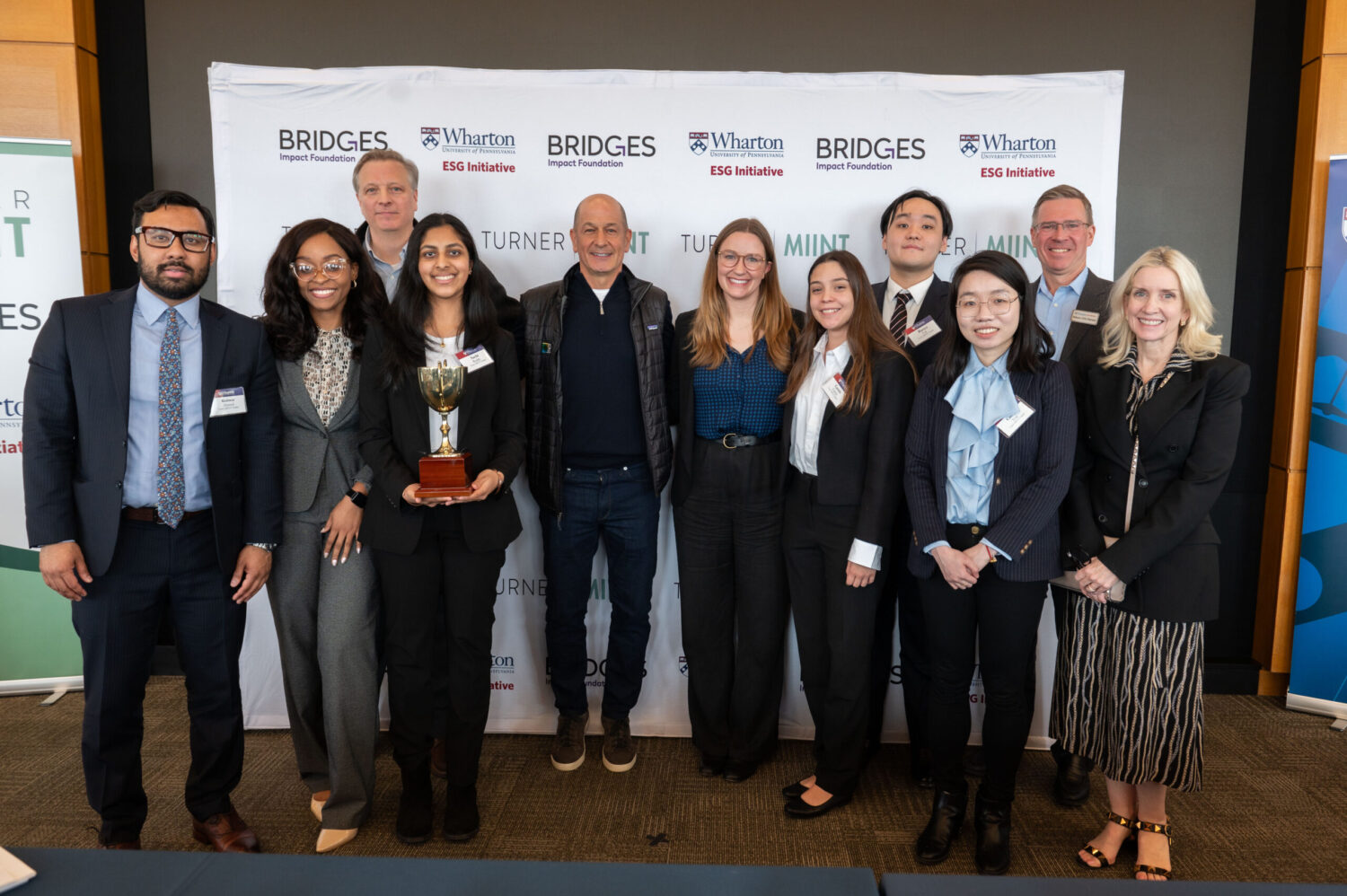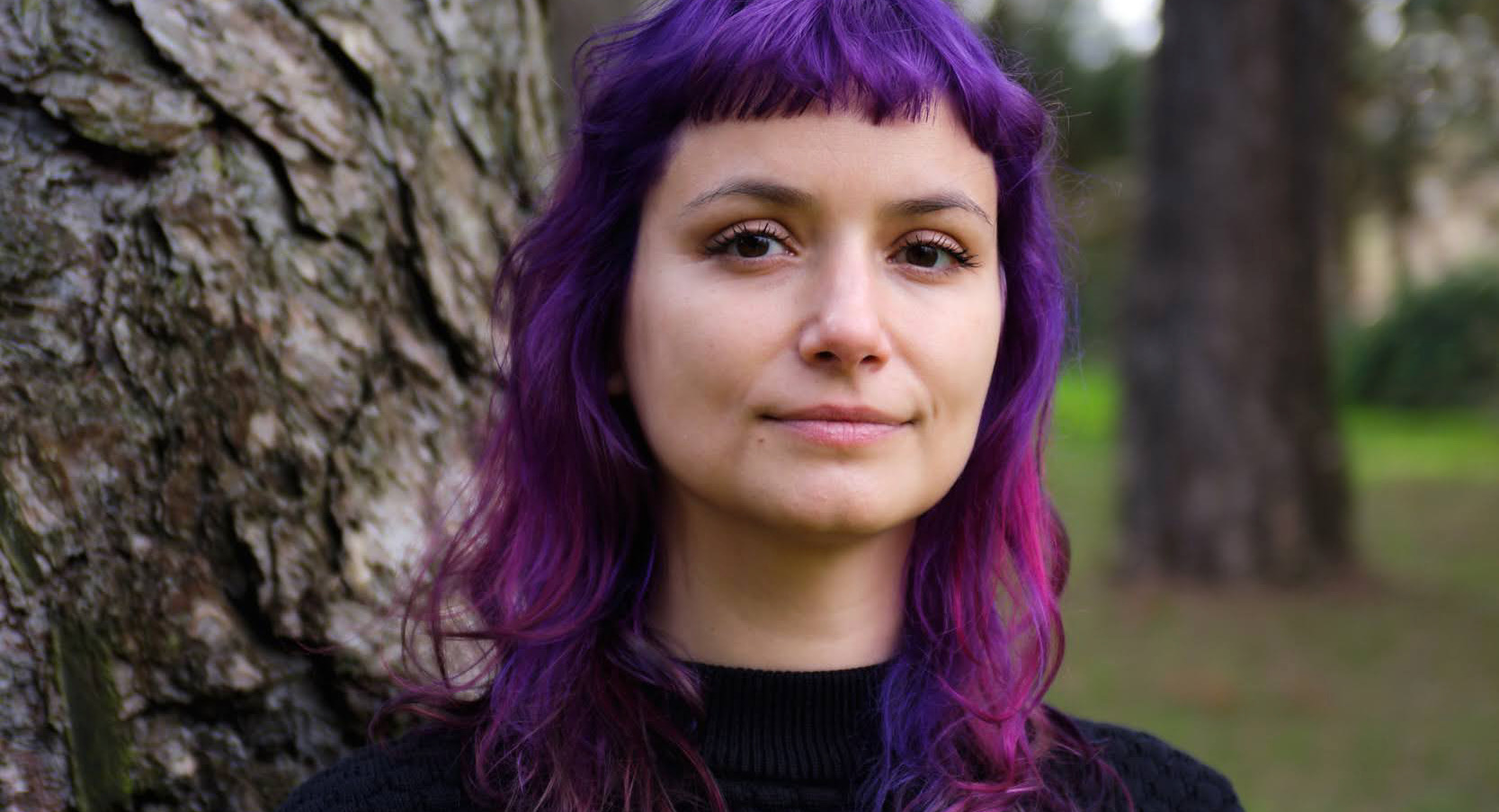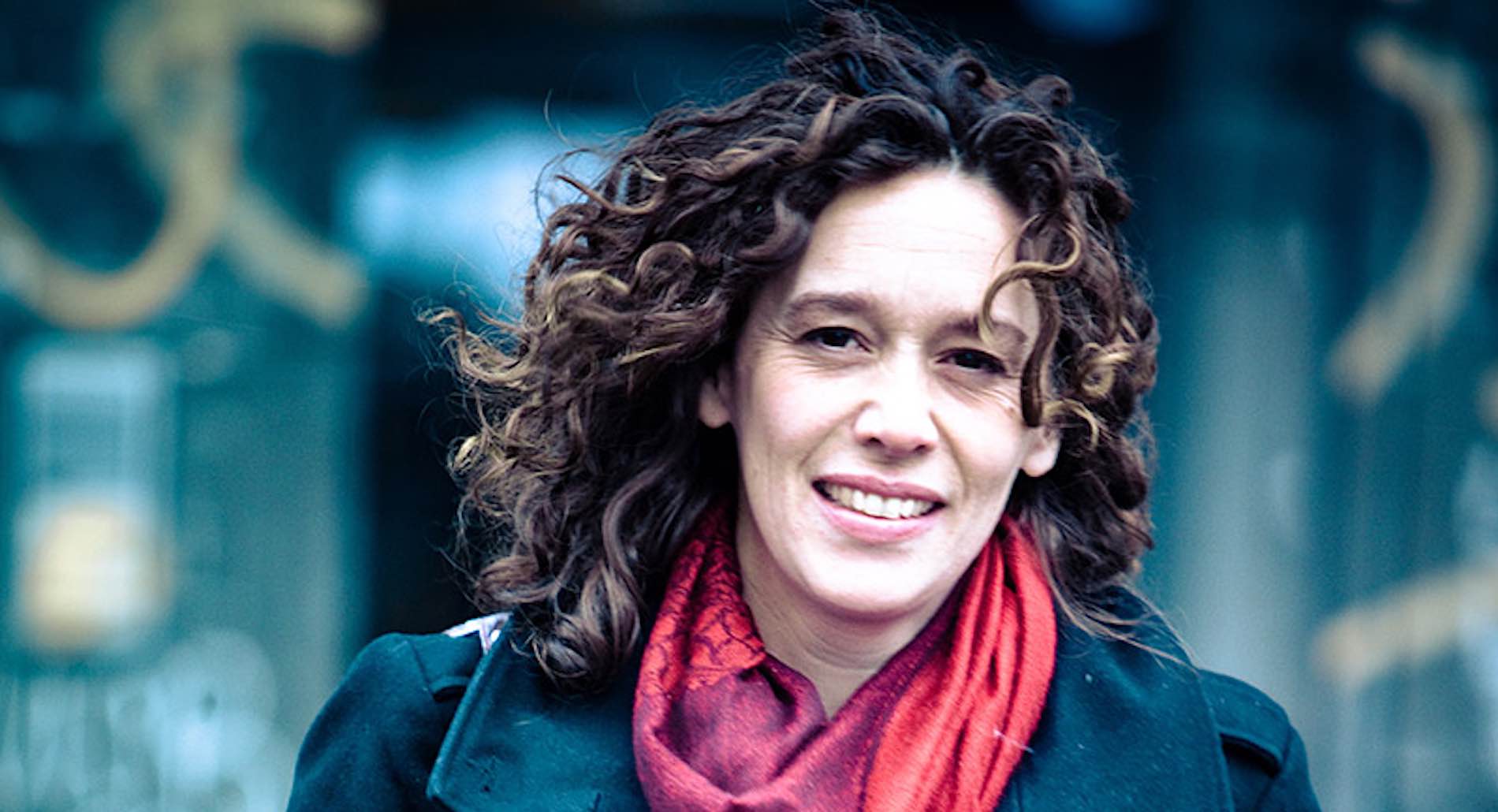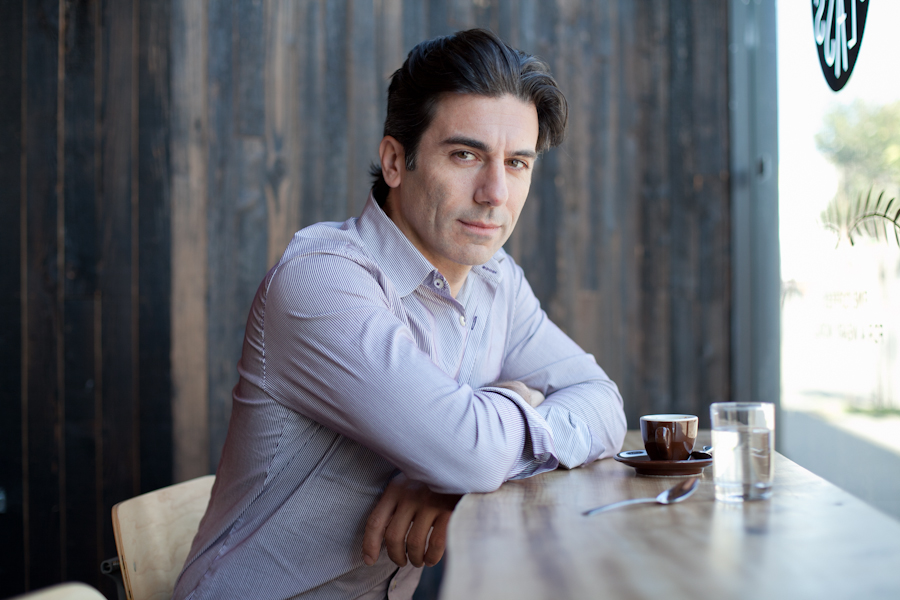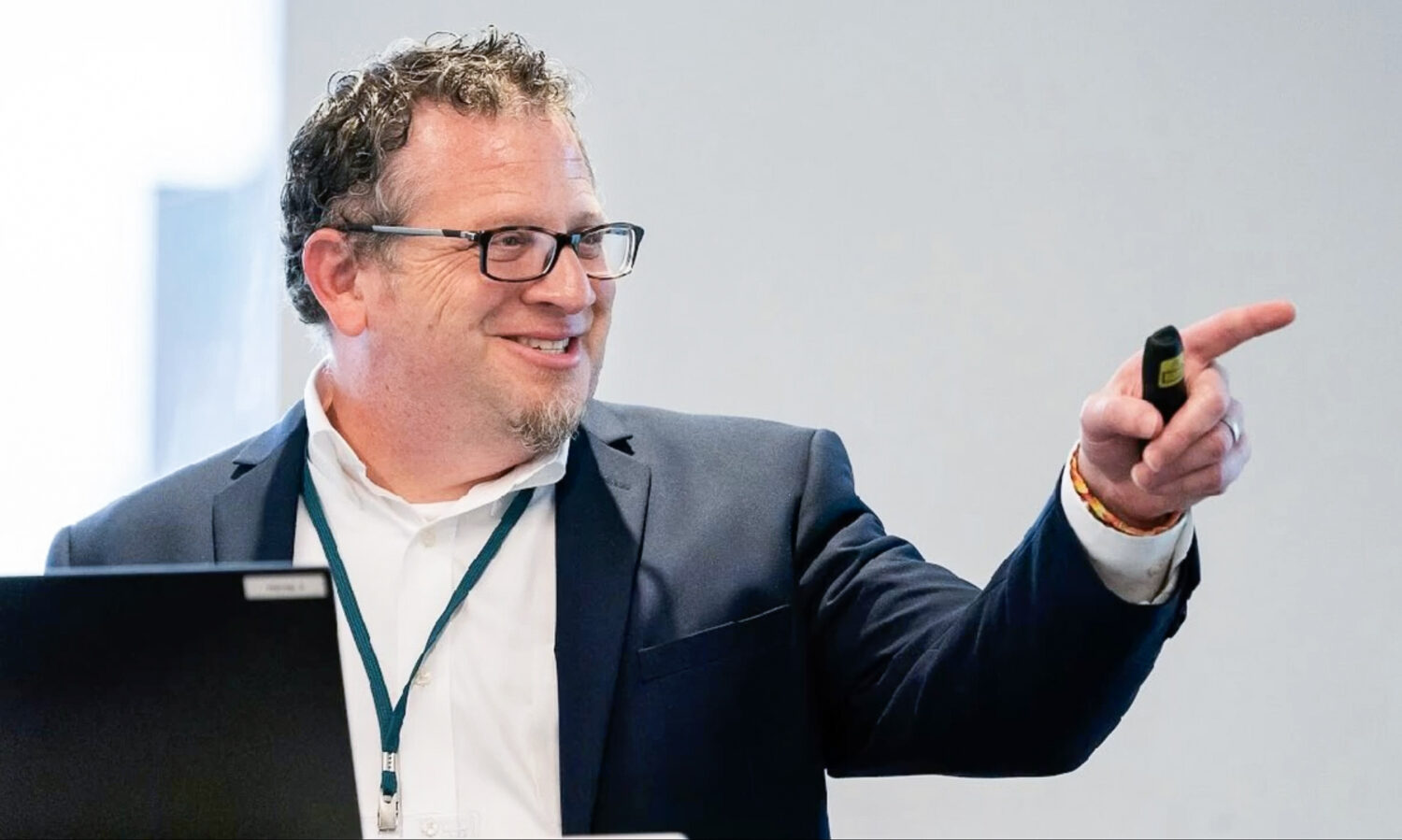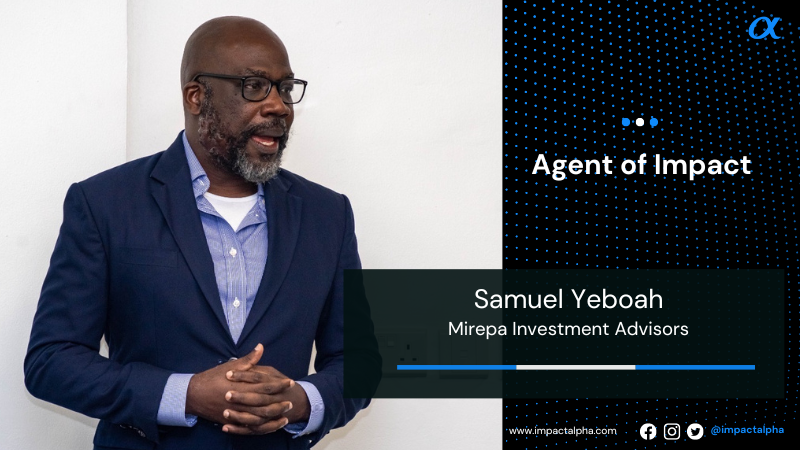ImpactAlpha, May 12 – Nigeria-born climate entrepreneur and “professional nomad” Aina Abiodun is bullish on place-based climate innovation. “There is nothing more urgent than when you’re living the disaster,” Abiodun tells ImpactAlpha.
Hawaii, for example, has committed to greening its energy production. New York is moving aggressively to decarbonize its building stock. As the incoming head of Portland-based climate nonprofit VertueLab, which has funded climate tech in the Pacific Northwest for 15 years, she says, “Let’s tackle this thing from a local perspective and see how we can build it out.”
Abiodun was the first Black woman to run a venture-backed tech company in Germany, at healthy living company 8fit. In New York, she co-founded Salt to finance local climate projects. Before joining VertueLab, Abiodun advised other climate tech founders as an entrepreneur-in-residence at Elemental Excelerator. From climate finance to community engagement, “I now understand how all this stuff works,” she says.
VertueLab began as a state-funded entity to commercialize clean energy innovation coming out of Oregon universities. Today, as an independent nonprofit, it supports regional climate tech startups through its philanthropic investor-backed Climate Impact Fund.
The fund’s 14 investments include EV charging solution OpConnect in Portland and solar panel efficiency venture BlueDot Photonics in Seattle. VertueLab’s next fund will be government anchored, seek impact capital from foundations and family offices, and will have a more intentional focus on overlooked entrepreneurs and frontline communities. Poised to accelerate it all is the Inflation Reduction Act.
Abiodun sees her role as “a steward” of VertueLab’s activities to ensure “they are benefiting communities at large.” Like peer nonprofit early-stage climate investors Elemental and Prime Coalition, Abiodun believes the right mix of community and capital can help “close the gap between the urgency of our situation and the slowness of the bureaucratic ways in which money is coming through the system.”




